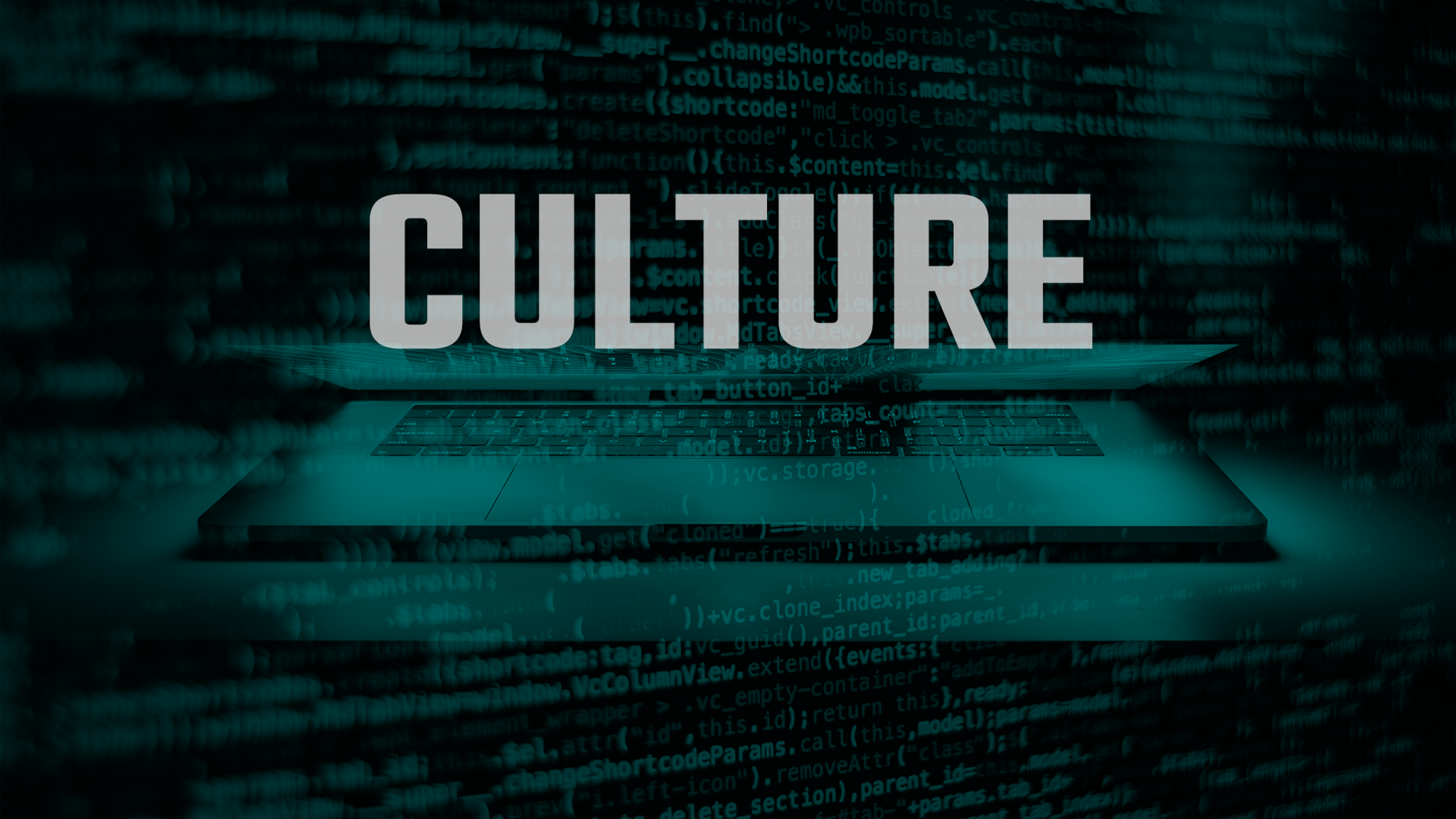How your organisation’s culture plays vital role in innovation: Part 3
Anna Barlow
Published on

Over a series of four articles we will be taking a look at the role that company culture plays in innovation through viewing organisational culture through different lenses.
The third lens is how to work with an existing organisational culture to create innovation change from the inside.
Culture as Operating System
Following on from last month, I shared a view of organisational culture as an immune system. If you’ve ever tried to implement a change and experienced the organisation’s cultural immune system on the attack, chances are there was misalignment somewhere. So what can you do to ensure everyone is on the same page when you’re trying to create change within an organisation.
It may be helpful to think about the organisational culture as an operating system. It has to be constantly evolving to continue meeting new demands. So when you’re trying to update the organisational culture, like an operating system, it is important to understand and communicate that the version you are currently working with isn’t broken. Though it might be a bit clunky at times, it is simply in need of an upgrade so it can perform faster and deliver more output.
So how can any individual within the organisation develop those “updates” in a productive manner?
First understanding the irritations. The best place to start is always by understanding the problem from different perspectives. This will give you a solid understanding of the issues and help throughout the process.
There are plenty of tools around which you can use to help you with this process, one I’ve found useful is Breakthrough Global’s Feedback Framework. This tool provides balance. It seeks to understand what is good about the culture, what isn’t currently working and insights into what people hope for in the future. Using this information as a base will help you understand how painful the current problems are and how likely people are to embrace changes.
Once you find out what is frustrating people and sapping their energy, the next step is to begin enlisting people and start fixing things. Whether it’s a big “iOS update” or a small “bug fix”, having a team working together on a shared vision is powerful.
This can be done a lot of different ways but using small, incremental change projects that challenge the current way of doing things. This begins the process of incrementally upgrading the operating system.
As you begin this process you’ll find that cultural change usually relates to one of these 3 key areas:
1. Mindset: does the organisation have a growth mindset? Or are there a number of fixed mindsets that prevent change?
To help you identify which, have a read of Carol Dweck’s book Mindset. Identifying which mindsets are holding you back and which ones the organisation still needs to embrace. This will help you to take steps towards achieving the level of psychological safety needed to innovate outside of business-as-usual (BAU) and continue to successfully update the operating system.
2. Processes and Tools: how are innovation projects governed? Are they tacked onto BAU governance processes, or is there a different more agile process used?
In my experience, BAU tools and governance processes (such as stage and gate), are a blunt instrument for innovation. They are typically too rigid, rely on a monthly cycle and are not agile enough. Innovation projects will more likely require an exploratory, test & learn approach. Tools and processes from Eric Ries’ The Lean Startup, with some tweaking to fit within your corporate environment, are a great place to start.
3. Organisational engagement: is innovation seen as the responsibility of one or a few discrete teams within the organisation, or is it embraced everywhere?
A truly innovative organisation can be seen from the outside in every part. In those companies innovation is not seen as something only a small group is responsible for, but something that everyone contributes to.
Seeing culture as an operating system can enable individuals, teams or even the entire organisation to get around the idea of continual growth and improvement. It’s a culture that brings the best out in everyone and in the business.
Next month I will be exploring through the lens of a very different, more rebellious way to tackle changing your culture to embrace innovation, Pirate Culture.
